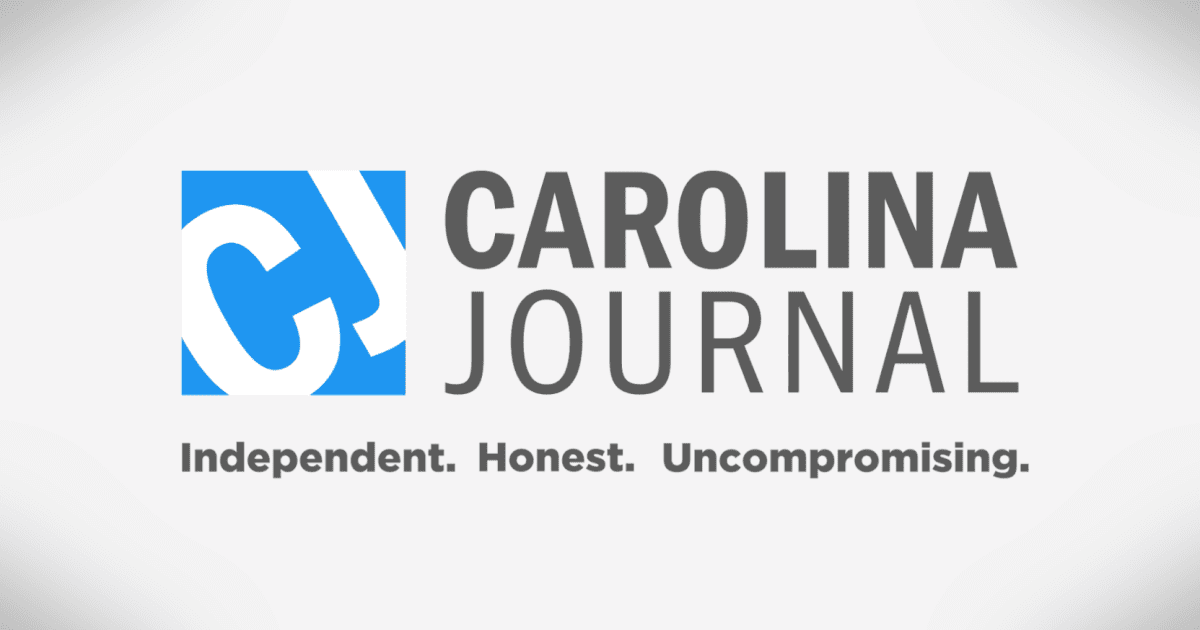
Republicans have introduced a bill this session that would create Education Savings Accounts (ESAs) in North Carolina. Here is a quick primer on what ESAs are, what other states are doing on this issue, and what could be on tap here in the Tar Heel State.
What are ESAs?
Education Savings Accounts are government-funded accounts controlled by parents that can be used for approved education expenses. ESAs shouldn’t be confused with a Coverdale ESA or a 529 account, both of which allow parents to fund education accounts using their own after-tax dollars and allow the investment to grow for tax-free withdrawals if the funds are used to pay for approved education expenses.
ESAs are one of the most ambitious forms of school choice because they exemplify the belief that education dollars should follow the child, not just fund a system.
What other states are doing
Six states have passed a universal ESA to date — Arizona, Arkansas, Iowa, Utah, West Virginia, and Florida. Here is more detail on the specifics of each ESA plan.
- Arizona: This state’s Empowerment Scholarship Accounts are available to all students and are valued at around $7,000 each. Arizona became the first state to pass a universal ESA in 2022.
- Arkansas: The Children’s Education Freedom Accounts were signed into law in March. The accounts will be phased in over two years until eventually becoming universally available to all students. The value of each account is based on 90% of the prior fiscal year’s per pupil allotment, which for the most recent year is around $6,600.
- Iowa: This state’s ESAs became a reality in January and will fully kick in for all students by the 2025-2026 school year. The value is tied to the state’s per pupil allotment for public school students — around $7,400 for the current fiscal year.
- Utah: The Fits All Scholarship account are valued around $8,000 per year. Although they are available to all students, priority is given to families to lower-income families before wealthier families have access to an account.
- West Virginia: The Hope Scholarship is worth less than what other states offer — around $4,300 for the 2022-2023 school year.
- Florida: The Sunshine State became the most recent state to enact a universal ESA after Gov. Ron DeSantis signed a bill into law in late March. Each ESA is worth around $8,700 a year, making Florida not only the largest state to enact an ESA, but also the most generous in the amount provided.
Several other states are either poised to pass ESAs or are on the cusp of expanding special-needs ESAs to all students.
In Georgia, lawmakers this year fell a handful of votes short of passing an ESA, called Promise Scholarships, that would have allowed students in the lowest performing 25% of public schools access to the accounts. A last-minute push by Gov. Brian Kemp wasn’t enough to overcome the objections of 12 Republicans in the House who voted with Democrats to shoot down the ESAs. The bill is eligible for reconsideration during Georgia’s short session in 2024.
Meanwhile, in Texas, this state’s Senate chamber passed a universal ESA worth around $8,000, but its fate appears uncertain in the House this year.
Other states considering ESAs include Nebraska, Oklahoma, and South Carolina, among others.
What’s on tap in NC
House Bill 420, Expand and Consolidate K-12 Scholarships, would significantly expand the school choice landscape in the Tar Heel State. The bill, sponsored by Rep. Donnie Loftis, R-Gaston, would eventually phase out and replace the Opportunity Scholarship Program with an ESA valued at 100% of the state’s per pupil allotment for public school students. For 2022, that amount was $7,426.
The ESA accounts could only be used for approved educational expenses, such as private school tuition, textbooks, tutoring services, educational therapies, and technological devices.
The new ESA would not be income-based, meaning any family in North Carolina could take advantage of it. The program would be phased in over three years, beginning with the 2024-2025 school year in which students would be eligible for 33% of the per-pupil allotment. That increases to 66% for the 2025-2026 school year until reaching 100% for the 2026-2027 school year. Homeschool students would be eligible for 28% of the per pupil allotment each year.
The post A primer on Education Savings Accounts first appeared on Carolina Journal.
Have a hot tip for First In Freedom Daily?
Got a hot news tip for us? Photos or video of a breaking story? Send your tips, photos and videos to tips@firstinfreedomdaily.com. All hot tips are immediately forwarded to FIFD Staff.
Have something to say? Send your own guest column or original reporting to submissions@firstinfreedomdaily.com.
